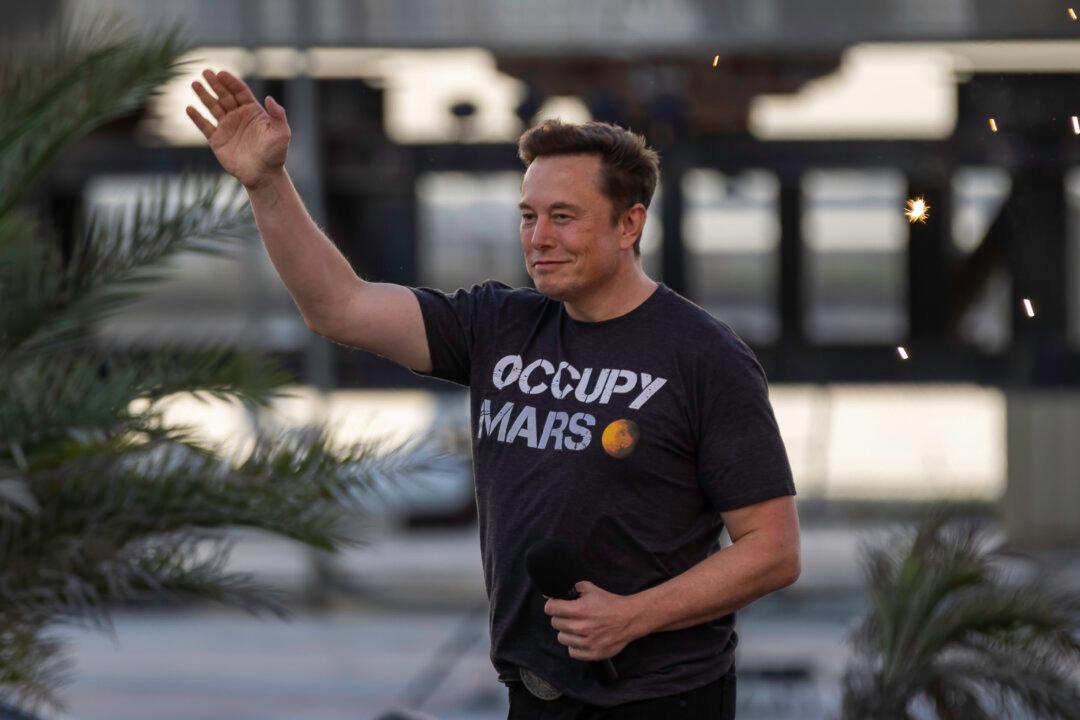Billionaire entrepreneur Elon Musk subpoenaed Stanford University on Aug. 31 as part of a legal dispute regarding his abandoned takeover bid of Twitter.
The subpoena asked for documents of all “conversations, conferences, discussions, interviews, meetings, negotiations, and agreements” between Twitter and Stanford, as well as anyone linked to the university regarding the $44 billion scrapped deal, according to Bloomberg.





